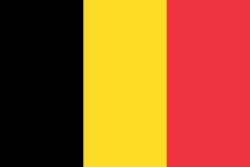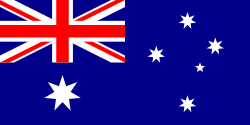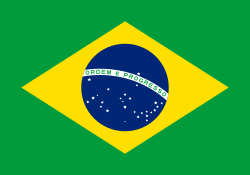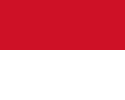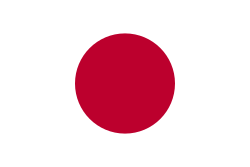Belgiens Grand Prix 1998
 | |
| Datum | 30 augusti 1998 |
|---|---|
| Bana | Circuit de Spa-Francorchamps |
| Sträcka | 44 × 6,968 = 306,577 km |
| Vinnare | Damon Hill, Jordan-Mugen Honda |
| Pole position | Mika Häkkinen, McLaren-Mercedes |
| Snabbaste varv | Michael Schumacher, Ferrari, 2:03,766 |
| Övrigt | Kraftigt regn |
Belgiens Grand Prix 1998 var det trettonde av 16 lopp ingående i formel 1-VM 1998.
Rapport
Loppet blev mycket kaosartat då 14 bilar kraschade på samma gång, på en regnig bana. Varken McLaren eller Ferrari tog några poäng. Istället tog Jordan en dubbelseger och Sauber tog en pallplats.
Resultat
- Damon Hill, Jordan-Mugen Honda, 10 poäng
- Ralf Schumacher, Jordan-Mugen Honda, 6
- Jean Alesi, Sauber-Petronas, 4
- Heinz-Harald Frentzen, Williams-Mecachrome, 3
- Pedro Diniz, Arrows, 2
- Jarno Trulli, Prost-Peugeot, 1
- David Coulthard, McLaren-Mercedes
- Shinji Nakano, Minardi-Ford
Förare som bröt loppet
- Giancarlo Fisichella, Benetton-Playlife (varv 26, kollision)
- Michael Schumacher, Ferrari (25, kollision)
- Eddie Irvine, Ferrari (25, snurrade av)
- Esteban Tuero, Minardi-Ford (17, växellåda)
- Jacques Villeneuve, Williams-Mecachrome (16, snurrade av)
- Toranosuke Takagi, Tyrrell-Ford (10, snurrade av)
- Jos Verstappen, Stewart-Ford (8, motor)
- Mika Häkkinen, McLaren-Mercedes (0, kollision)
- Alexander Wurz, Benetton-Playlife (0, kollision)
- Johnny Herbert, Sauber-Petronas (0, kollision)
- Rubens Barrichello, Stewart-Ford (0, kollision)
- Olivier Panis, Prost-Peugeot (0, kollision)
- Mika Salo, Arrows (0, kollision)
- Ricardo Rosset, Tyrrell-Ford (0, kollision)
Noteringar
- Loppet rödflaggades efter första varvet på grund av en kollision i det kraftiga regnet där 14 bilar var inblandade men startades om och kördes sedan den ursprungliga distansen.
- Detta var också loppet där Michael Schumacher (fortfarande under kraftigt regn) kom upp bakom David Coulthard, som låg sist, och hotfullt följde efter honom till McLarens depå, men följdriktigt avvisades därifrån.
- Jordans första F1-vinst.
VM-ställning
Förarmästerskapet | Konstruktörsmästerskapet
|
Källor
- ”1998 Formula 1 Belgian Grand Prix” (på engelska). Formula1.com. https://www.formula1.com/en/results.html/1998/races/683/belgium/race-result.html. Läst 29 april 2015.
| ||||||||
| |||||
Media som används på denna webbplats
The civil ensign and flag of Belgium. It is identical to Image:Flag of Belgium.svg except that it has a 2:3 ratio, instead of 13:15.
The Flag of Europe is the flag and emblem of the European Union (EU) and Council of Europe (CoE). It consists of a circle of 12 golden (yellow) stars on a blue background. It was created in 1955 by the CoE and adopted by the EU, then the European Communities, in the 1980s.
The CoE and EU are distinct in membership and nature. The CoE is a 47-member international organisation dealing with human rights and rule of law, while the EU is a quasi-federal union of 27 states focused on economic integration and political cooperation. Today, the flag is mostly associated with the latter.
It was the intention of the CoE that the flag should come to represent Europe as a whole, and since its adoption the membership of the CoE covers nearly the entire continent. This is why the EU adopted the same flag. The flag has been used to represent Europe in sporting events and as a pro-democracy banner outside the Union.